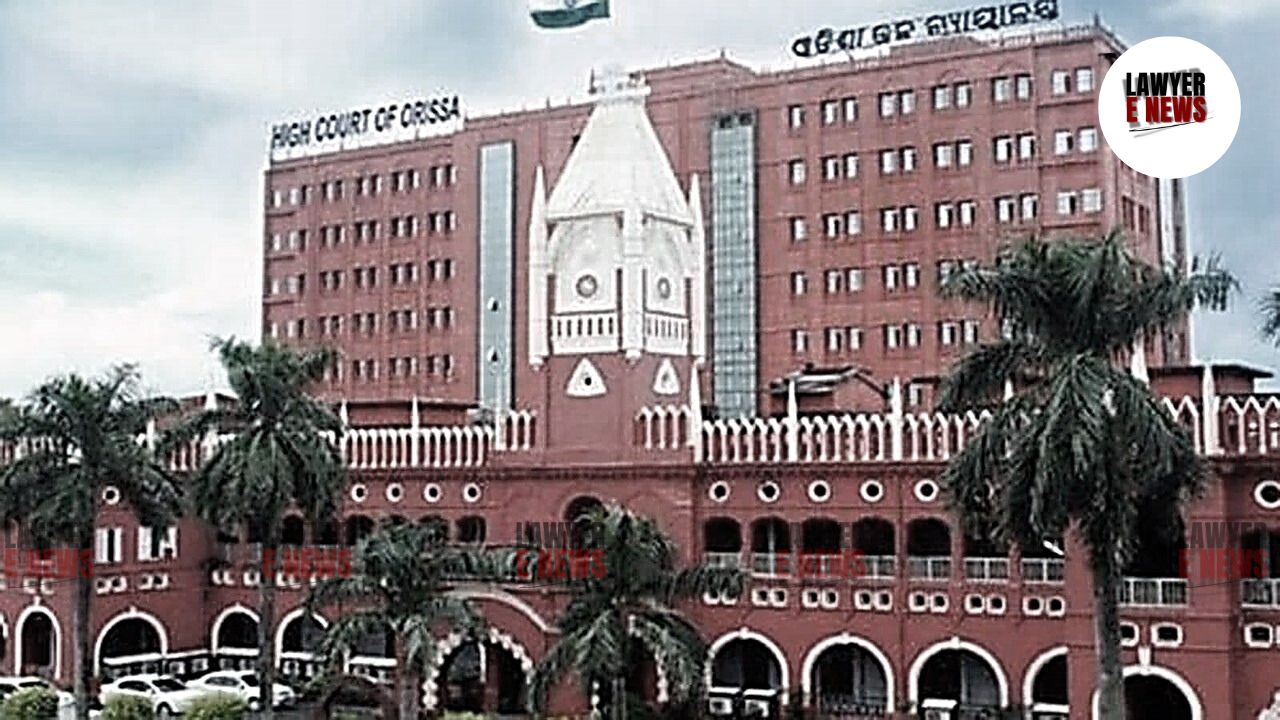-
by Admin
15 February 2026 5:35 AM



Court Affirms Special Court’s Denial of Application to Recall Minor Victim in Sexual Offence Case - The High Court of Orissa has dismissed a petition to recall a minor victim in a POCSO case, affirming the decision of the Special Court under the Protection of Children from Sexual Offences (POCSO) Act. The judgment, delivered by Justice Sibo Sankar Mishra, emphasizes the importance of preventing the repeated summoning of child victims, in alignment with Section 33(5) of the POCSO Act, while acknowledging the necessity of cross-examination for a fair trial.
The petitioner, Tapas Swain @ Tapas Kumar Swain, sought to challenge the order dated April 3, 2024, issued by the Additional District Judge (ADJ) – cum- Special Court under the POCSO Act in Bhadrak. The Special Court had denied his application under Section 311 of the Code of Criminal Procedure (Cr.P.C.) to recall the victim, who is P.W.6 in Special Case No. 94 of 2017.
Balancing Rights Under Section 33(5) POCSO Act and Section 311 Cr.P.C.:
The court noted the statutory mandate of Section 33(5) of the POCSO Act, which aims to protect child victims from the trauma of repeated court appearances. Justice Mishra remarked, “The legislative intent behind Section 33(5) is clear – to safeguard the child from repeated trauma and harassment. However, this must be balanced against the accused’s right to a fair trial.”
The petitioner’s counsel, Mr. D.P. Dhal, cited various judgments to argue that Section 33(5) does not create an absolute bar against recalling a minor victim. Key references included Pidika Sambaru v. State of Odisha (2022), A through Guardian v. State & another (2023), and Mahammad Ali Akbar v. State of Karnataka (2022). These cases suggested that while the protection of child victims is paramount, the accused’s right to cross-examination is a fundamental aspect of a fair trial.
In addressing these arguments, the court reiterated that while there is no absolute bar under Section 33(5), the necessity to recall a victim must be critically examined. “Cross-examination of prosecution witnesses is an essential right of the accused, but it must not lead to undue harassment of the victim,” the court noted.
The High Court found that the petitioner’s proposed questions for cross-examination were either repetitive or irrelevant and could be addressed to other witnesses such as the victim’s parents or the investigating officer. The court emphasized the statutory bar under Section 33(5) of the POCSO Act, which prevents recalling the victim to avoid unnecessary trauma. “The intent of the legislature is to ensure that child victims are not repeatedly called to testify, thereby minimizing their ordeal,” the judgment stated.
Justice Sibo Sankar Mishra observed, “While the right to cross-examination is vital for a fair trial, it must be balanced with the need to protect child victims from repeated court appearances. The proposed recall of the victim does not present any new necessity that was not already addressed.”
The High Court’s dismissal of the petition underscores the judiciary’s commitment to balancing the rights of the accused with the protection of child victims under the POCSO Act. By affirming the lower court’s decision, this judgment reinforces the legislative intent to shield minor victims from further trauma while ensuring justice is served. This ruling is expected to impact future cases by upholding the critical balance between fair trial rights and victim protection.
Date of Decision: May 17, 2024
